
Harvard Doctor Reveals Foods You Should Avoid to Prevent Inflammation
Harvard Gut Doctor Reveals the Foods That May Be Fueling Your Inflammation
Inflammation is the body’s natural defense mechanism against injury and infection — a vital process that helps the body heal. However, when inflammation becomes chronic, it can silently damage tissues and organs, contributing to serious long-term health issues such as heart disease, diabetes, arthritis, and even Alzheimer’s.
According to a Harvard gut health expert, what we eat plays a central role in either triggering or reducing inflammation. The foods we choose daily can directly affect the gut’s ability to regulate inflammatory responses — meaning that your diet can either promote healing or fuel disease.
The Gut–Inflammation Connection
The gut is far more than a digestive organ — it’s a critical control center for the body’s immune system. When the gut microbiome (the community of beneficial bacteria in the intestines) is balanced and diverse, it helps moderate inflammation and maintain immune stability.
However, when gut health is compromised — often due to poor diet, stress, or lack of sleep — harmful bacteria can overgrow, weakening the gut barrier. This allows toxins to “leak” into the bloodstream, triggering chronic low-grade inflammation throughout the body.
The Harvard expert warns that diets high in processed foods, saturated fats, and added sugars disrupt the gut’s natural balance, amplifying inflammatory reactions that can lead to a cascade of health problems.
1. Highly Processed Coconut and Palm Oils
Coconut and palm oils, commonly used in packaged and fried foods, are high in saturated fats. While these fats provide energy, excessive intake can elevate LDL cholesterol levels and cause inflammation in blood vessels. Over time, this increases the risk of heart disease, insulin resistance, and fatty liver disease.
Healthy Swap: Choose extra-virgin olive oil or flaxseed oil instead. These oils are rich in monounsaturated fats and omega-3 fatty acids, which have anti-inflammatory and heart-protective effects. Olive oil also contains polyphenols — plant compounds that help combat oxidative stress and inflammation at the cellular level.
2. Fatty and Processed Meats
Red and processed meats like beef, pork, bacon, and sausages contain high amounts of saturated fats and advanced glycation end products (AGEs) — compounds that can increase inflammation and oxidative stress. Frequent consumption has been linked to heart disease, certain cancers, and metabolic disorders.
Healthy Swap: Replace fatty meats with skinless poultry, fish, beans, or lentils. Fatty fish such as salmon, sardines, and mackerel are rich in omega-3s, which reduce inflammation and promote cardiovascular health. Plant-based proteins also add fiber, aiding digestion and gut microbiome diversity.
3. Highly Processed Foods
From packaged snacks to fast food, ultra-processed foods are loaded with artificial additives, preservatives, and trans fats that can irritate the gut lining and overstimulate the immune system. These ingredients promote inflammation and are associated with increased risk of obesity, diabetes, and autoimmune conditions.
Healthy Swap: Focus on whole, unprocessed foods — colorful fruits, leafy greens, whole grains, legumes, and nuts. These nutrient-dense options contain natural antioxidants, fiber, and vitamins that actively reduce inflammation and support a healthy gut environment.
4. Sugary Drinks and Beverages
Sodas, energy drinks, sweetened coffees, and fruit juices packed with added sugar can rapidly spike blood sugar levels and contribute to insulin resistance — a key driver of chronic inflammation. Over time, this pattern increases the risk of type 2 diabetes, cardiovascular disease, and fatty liver.
Healthy Swap: Stay hydrated with herbal teas, sparkling water infused with lemon, mint, or cucumber, or fruit-infused still water. Green tea and dandelion tea, in particular, offer anti-inflammatory and antioxidant benefits.
The Harvard Doctor’s Anti-Inflammatory Diet Recommendations
To manage inflammation and promote optimal gut health, the Harvard gut specialist advises shifting toward an anti-inflammatory diet. This includes:
-
A colorful variety of fruits and vegetables rich in antioxidants.
-
Whole grains like oats, quinoa, and brown rice instead of refined carbs.
-
Healthy fats, such as olive oil, avocado, and nuts.
-
Fatty fish like salmon or sardines, which supply inflammation-fighting omega-3s.
-
Fermented foods such as yogurt, kimchi, and kefir to support gut microbiota.
These dietary habits help repair the gut barrier, reduce oxidative stress, and promote a balanced immune response.
Lifestyle Habits That Support Inflammation Control
Diet is only one piece of the puzzle. The Harvard expert emphasizes that holistic lifestyle habits are equally crucial for keeping inflammation in check:
-
Exercise regularly: Even 30 minutes of moderate movement daily improves circulation and immune regulation.
-
Get adequate sleep: Aim for 7–9 hours per night to allow your body to repair and reset.
-
Manage stress: Chronic stress elevates cortisol, which can worsen inflammation. Try mindfulness, yoga, or deep breathing.
-
Stay hydrated: Proper hydration supports digestion, detoxification, and nutrient transport.
The Takeaway
Chronic inflammation is often called a “silent killer” because its effects accumulate gradually. But with informed food choices and mindful lifestyle changes, it’s possible to calm inflammation and restore balance from within.
The Harvard gut doctor reminds us that every meal is an opportunity to heal. By nourishing your gut with anti-inflammatory foods and limiting harmful ones, you can strengthen your immunity, enhance longevity, and feel more energized every day.
News in the same category

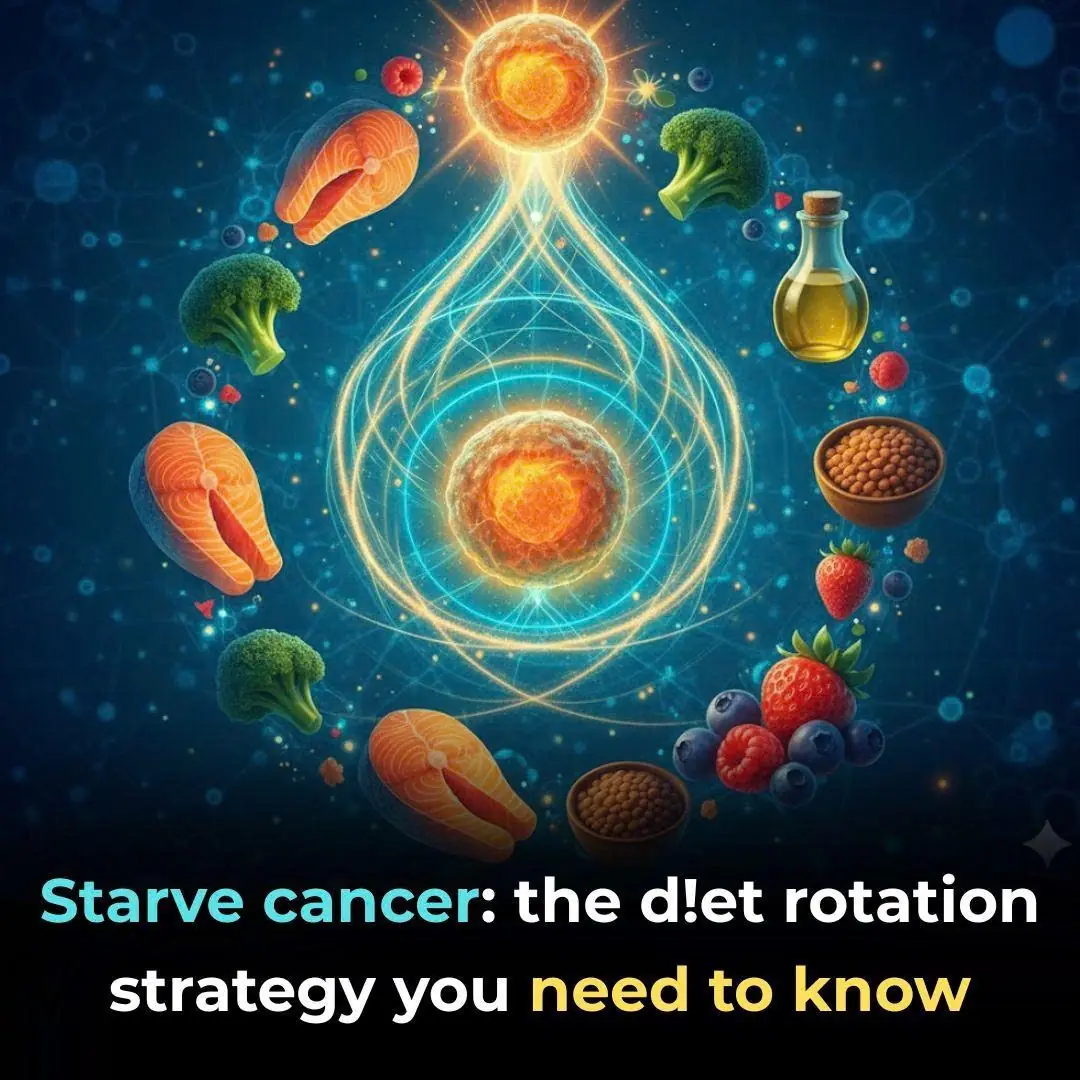
Starve cancer: the diet rotation strategy you need to know

SHOCKING NEW STUDY REVEALS WHAT MIGHT BE SILENTLY DESTROYING HUMAN FERTILITY

POPULAR SHAMPOO URGENTLY RECALLED BECAUSE IT CONTAINS BACTERIA THAT KILLS UP TO ONE IN TEN PATIENTS

Nurse who's witnessed 'so many deaths' explains spine-chilling moment she realised 'what happens after we die'
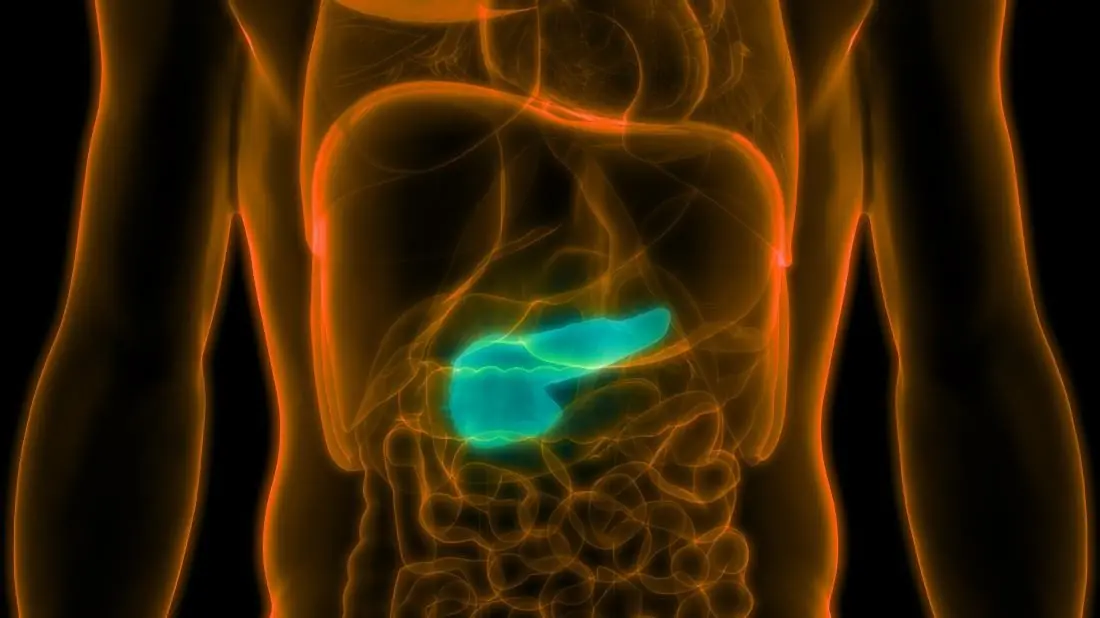
The influenza flu virus is being used to cure pancreatic cancer

Eye Doctor Reveals What To Do If You Start Seeing ‘Floaters’
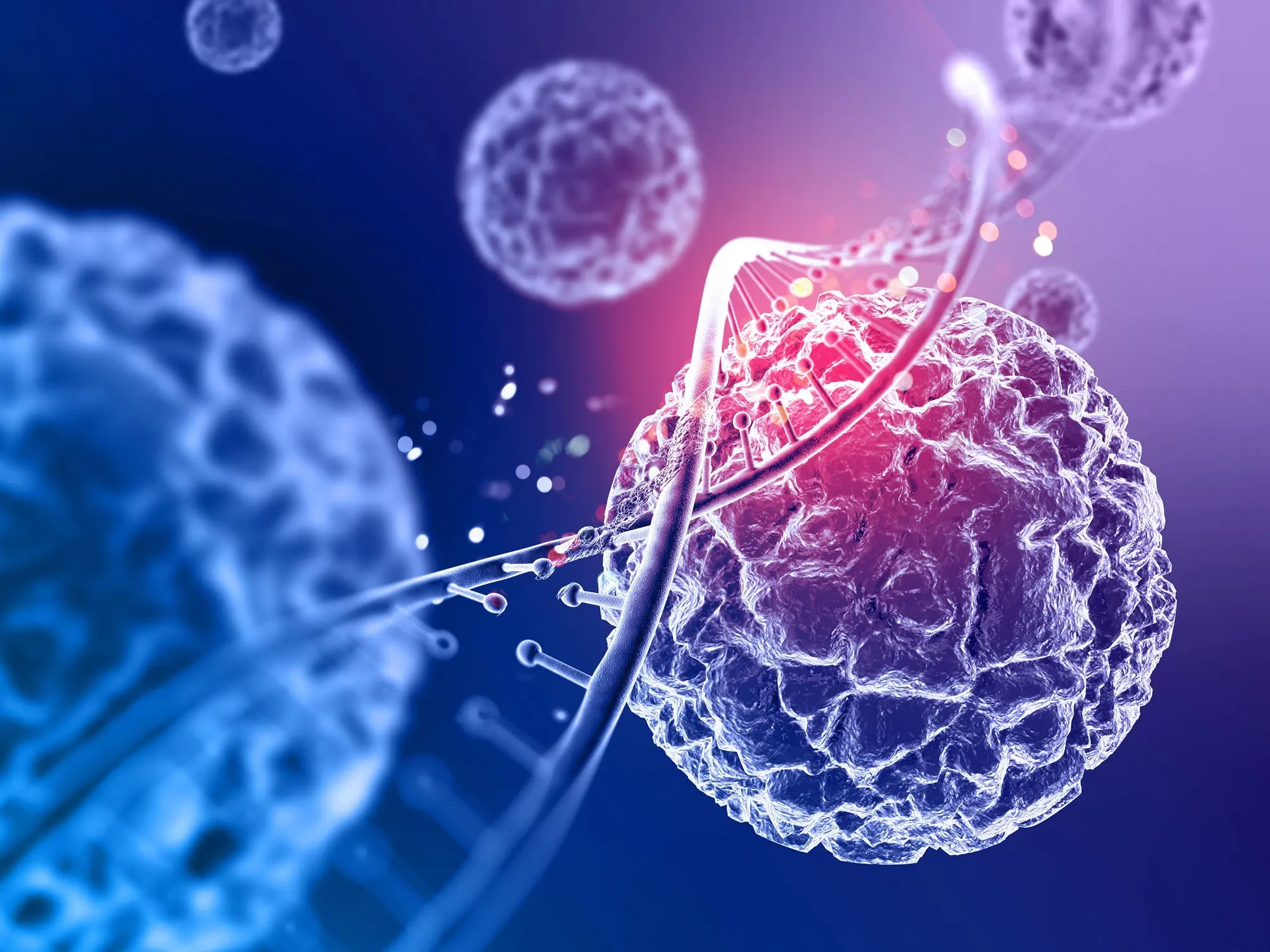
If cancer cells are present in the body, these 3 symptoms often appear in the morning everyone should pay attention

3 foods you thought were bad for diabetes (but aren’t!)
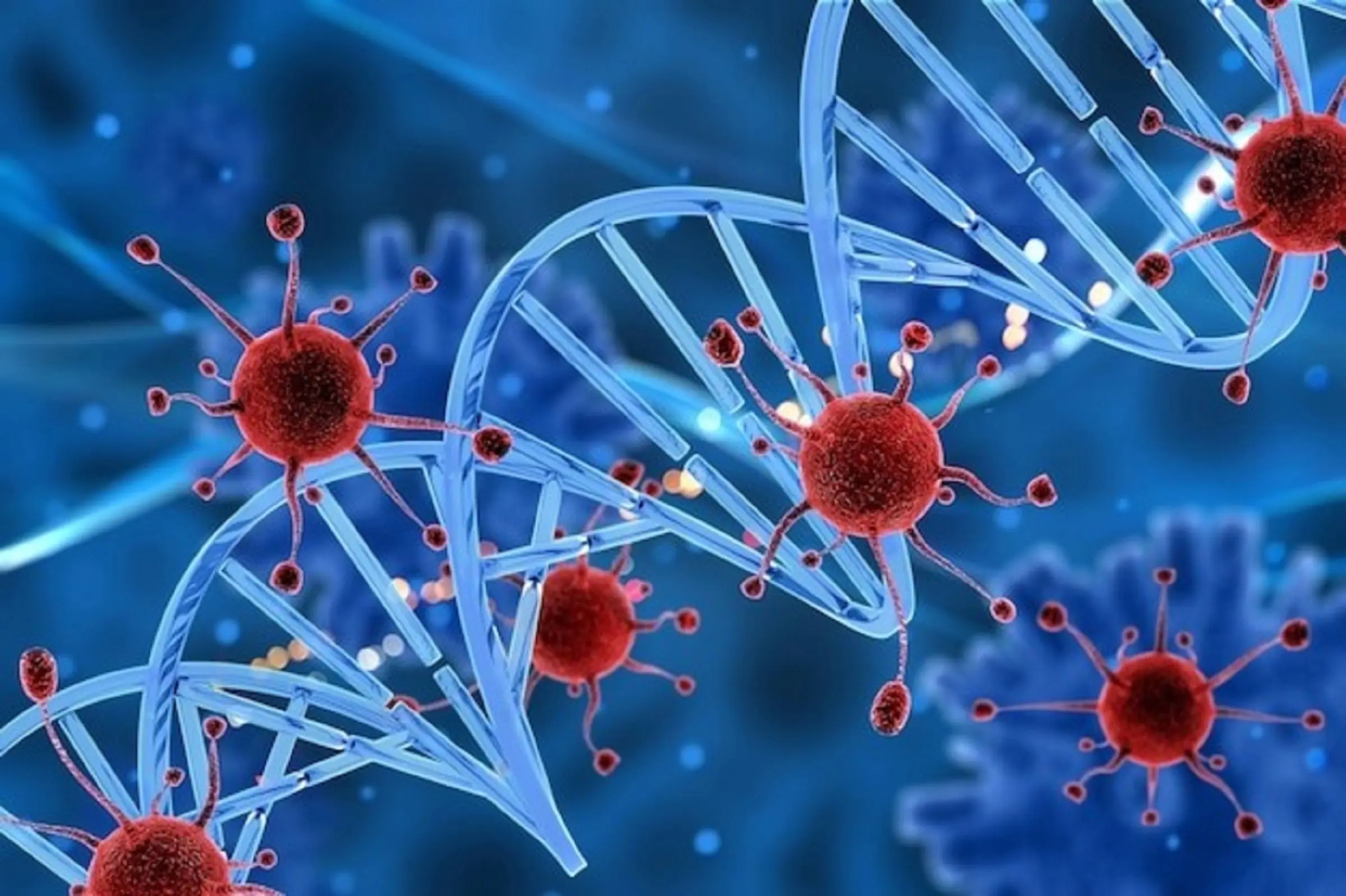
CANCER IS PAINLESS AT FIRST, BIT IF YOU SEE THESE 8 SIGNS WHEN GOING TO THE TOILET, YOU SHOULD SEE A DOCTOR IMMEDIATELY

Sleeping Naked: 8 Surprising Benefits

What Happens To Your Skin When You Rub An Ice Cube On Your Face
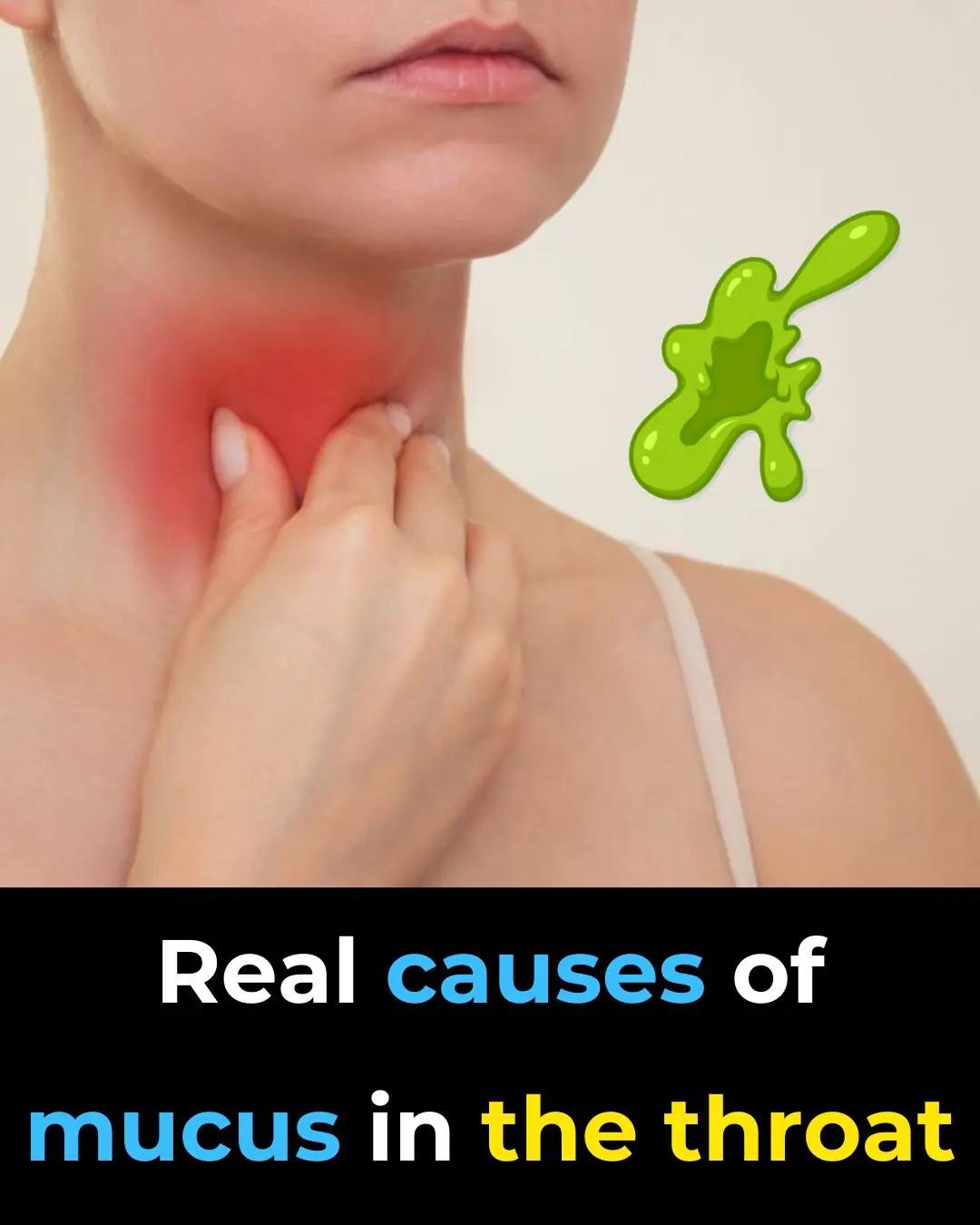
🤢 The Real Causes of Constant Phlegm and Mucus in Throat — And How to Get Rid of It
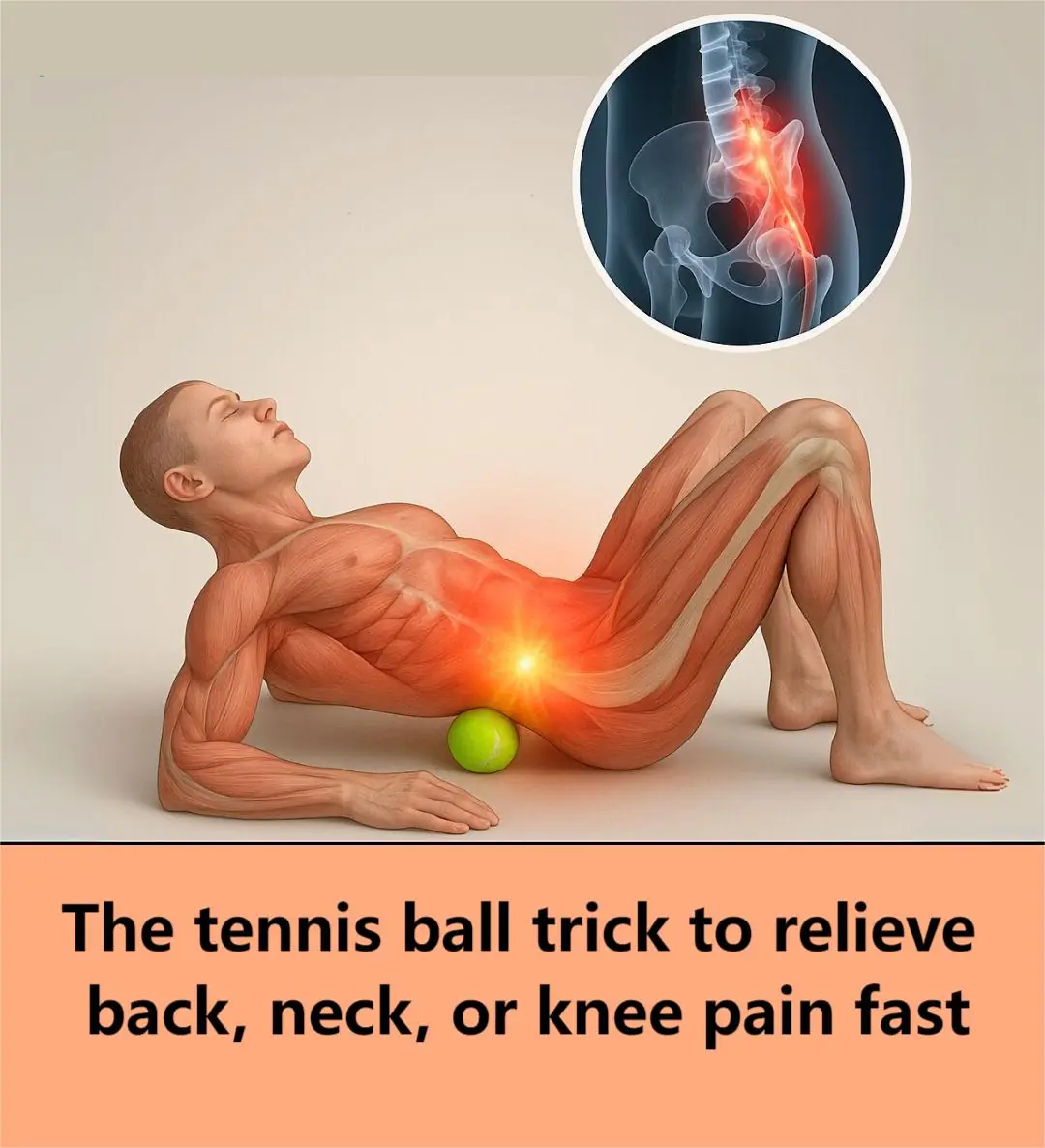
The Tennis Ball Trick That Can Relieve Back, Neck Or Knee Pain In Seconds

One scoop a day heals your body from the inside out — watch what happens

🧠 A Stroke Can Happen Suddenly — But Your Body Might Send Early Warnings (Know the Signs)

Are You Being Lied To About What Your Blood Pressure Should Be? — Read This Before You “Chase the Number”

The 7 silent causes of bad leg circulation
News Post

The Human Brain Isn’t Built for Late Nights, Experts Warn

5 Amazing Benefits Of Aloe Vera Gel For Skin: Large Pores, Dark Spots, Wrinkles

Clove & Lemon Collagen Drink: Wrinkle Free, Glowing Skin

Unlock Your Body’s Hidden Power: Try Garlic and Honey on an Empty Stomach for 7 Days

Tragus Piercing What Does It Mean
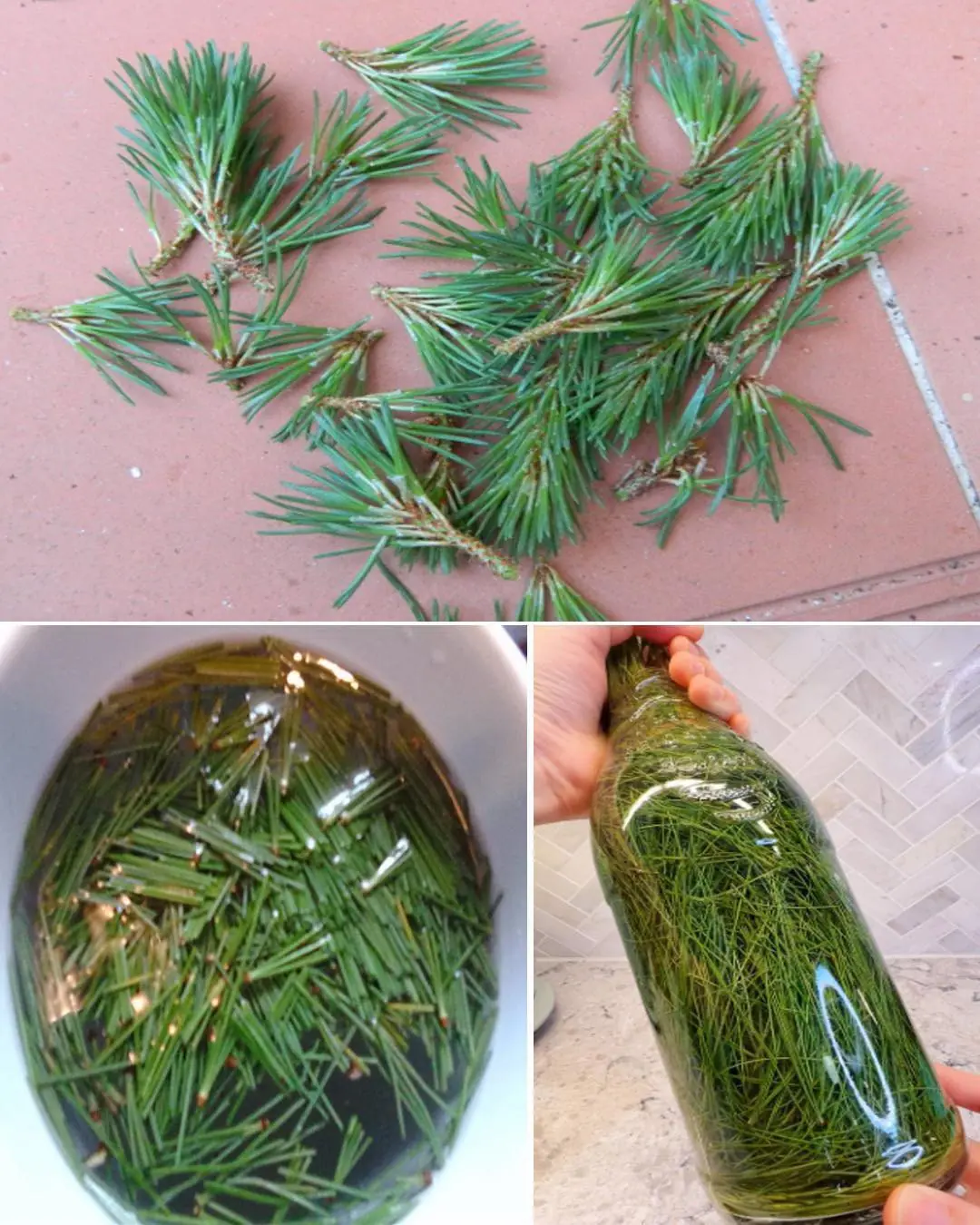
9 Health Benefits of Pine Needles
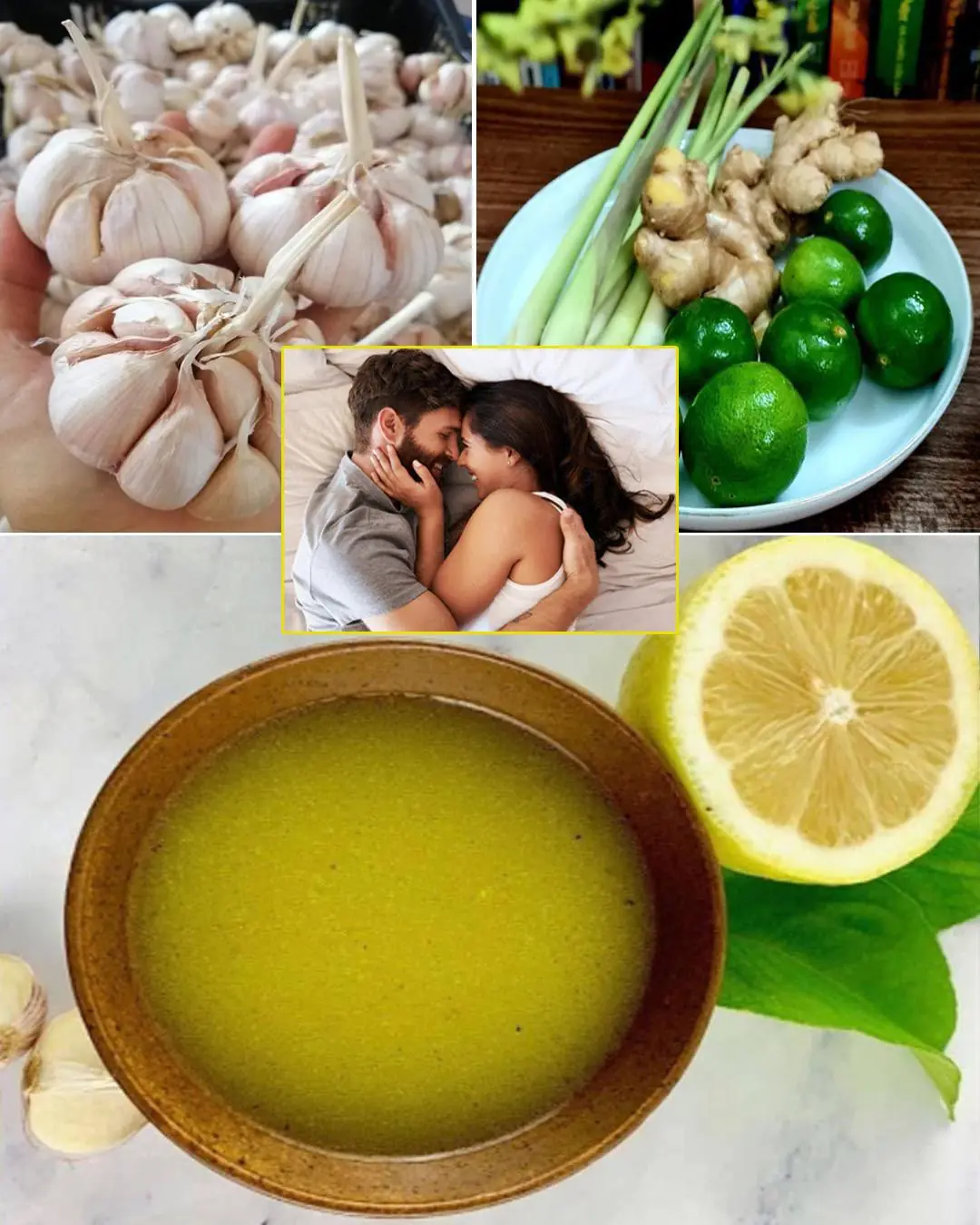
Unlock The Incredible Health Benefits of Garlic, Ginger and Lemon for Men
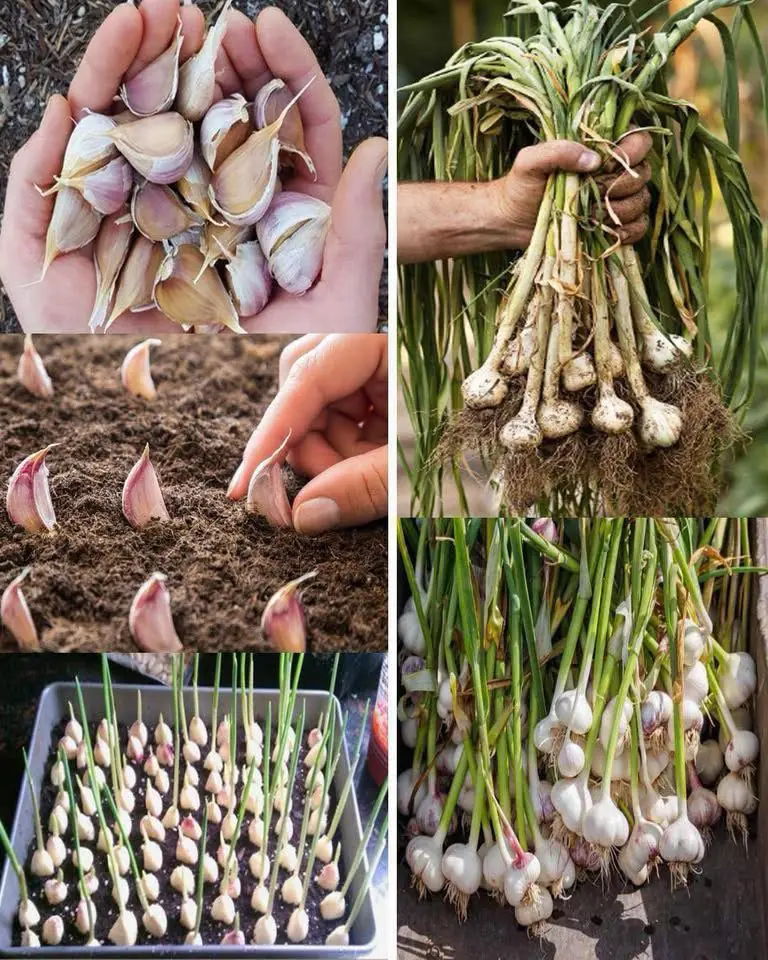
A special method to grow garlic in plastic bottles

7 Benefits of the Miracle Leaf of Life

7 Amazing Health Benefits of Banana Blossoms
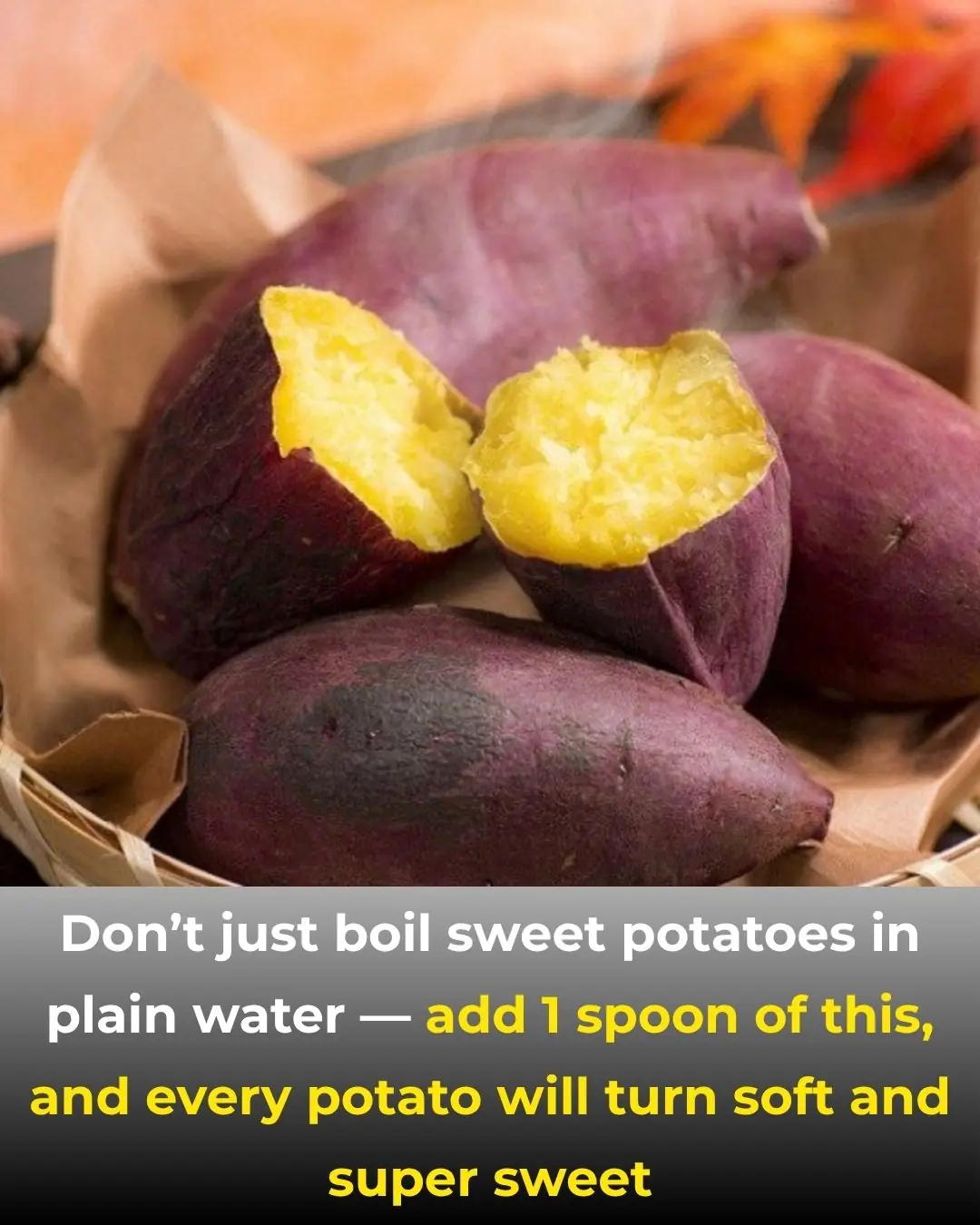
Boiling Sweet Potatoes: Don’t Just Add Plain Water—Add This Spoonful for Perfectly Fluffy, Sweet Results

The Science Behind Putting a Cotton Swab in a Menthol Oil Bottle
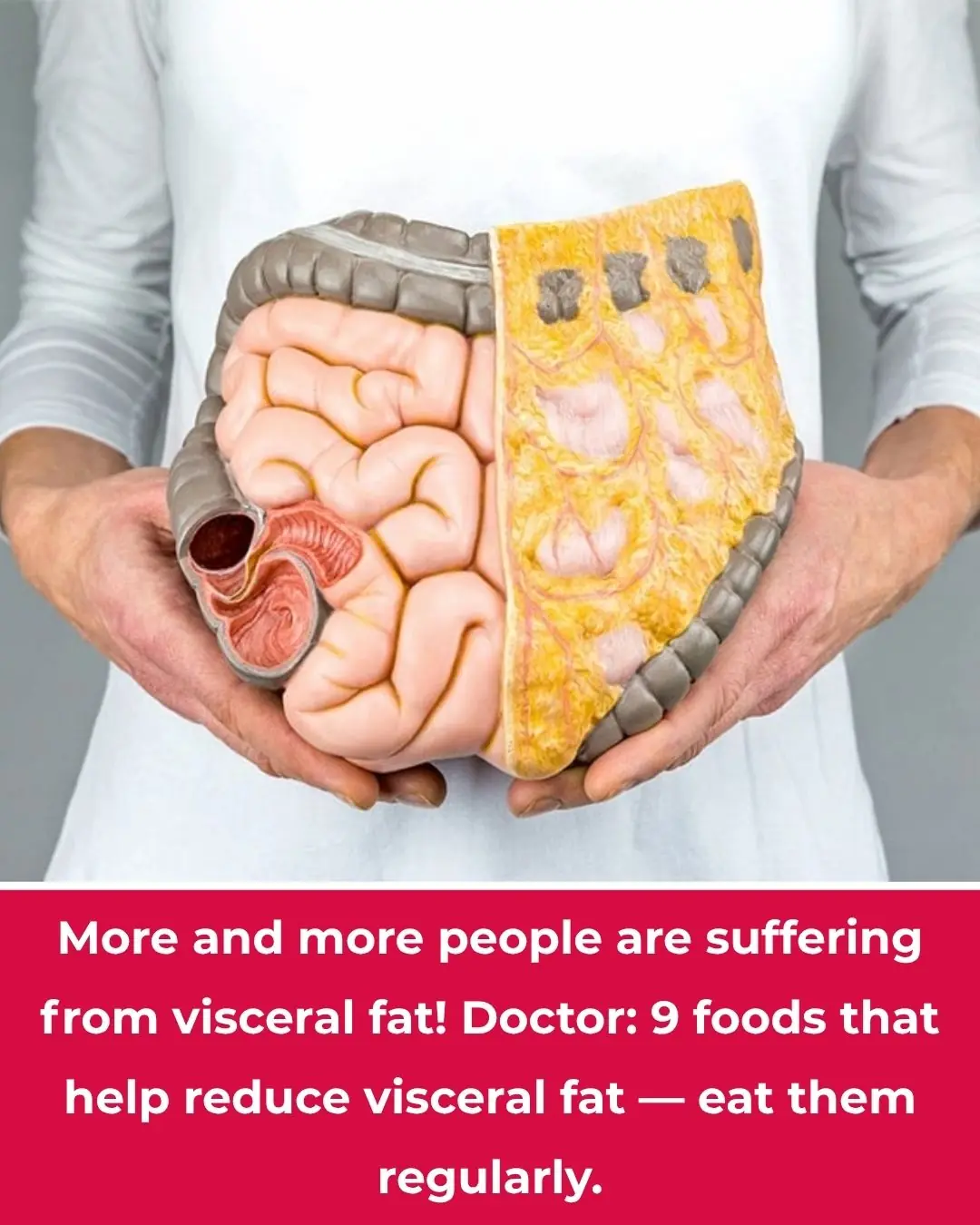
More People Are Struggling with Visceral Fat — Doctors Reveal 9 Foods That Help Burn It Naturally
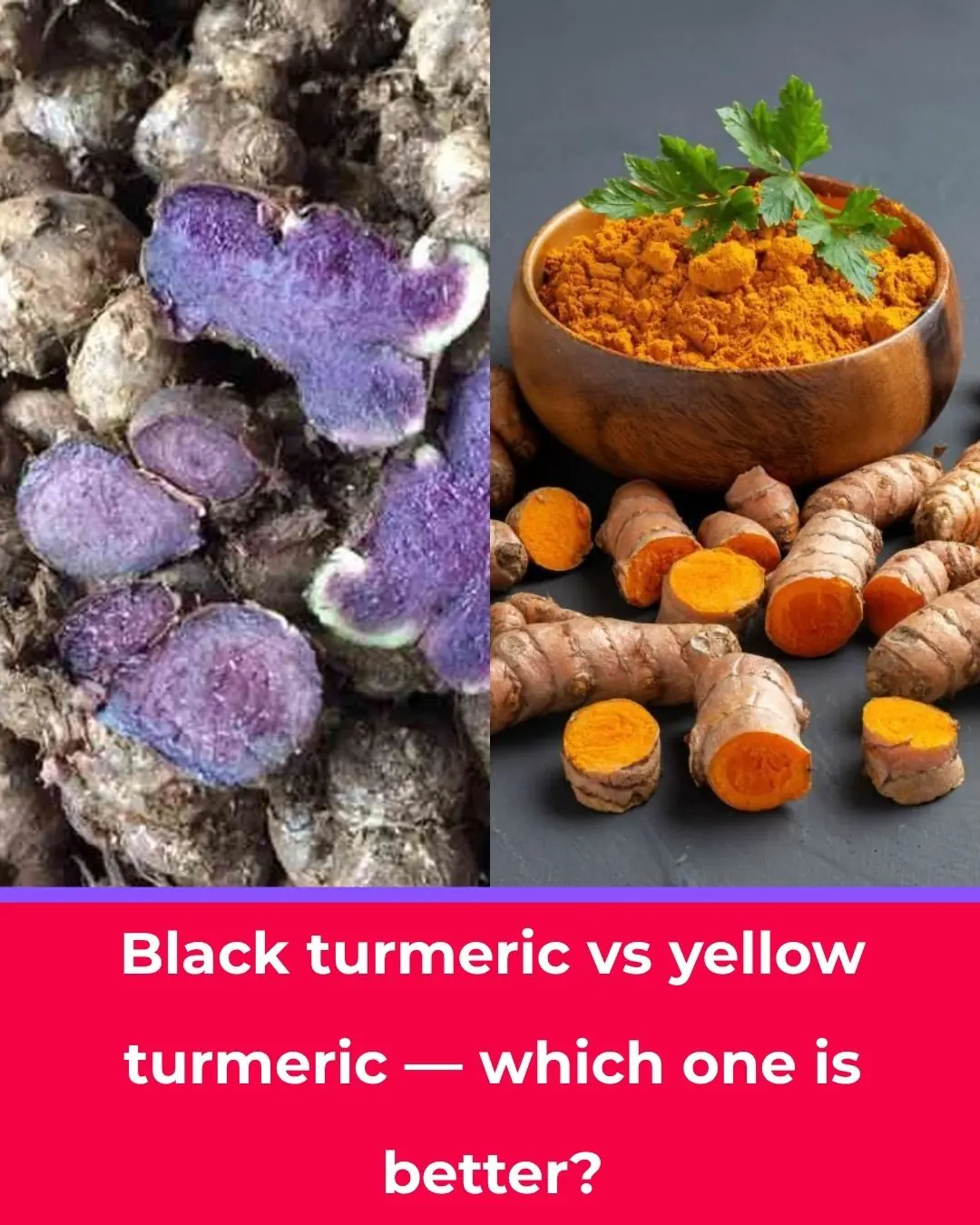
Black Turmeric vs. Yellow Turmeric: Which One Is Better?

Starve cancer: the diet rotation strategy you need to know

Like to see more from Tips for the Home

💪 Sarcopenia: Why Muscle Loss Happens & How to Fight It (After 50)

I Had No Idea About This!
